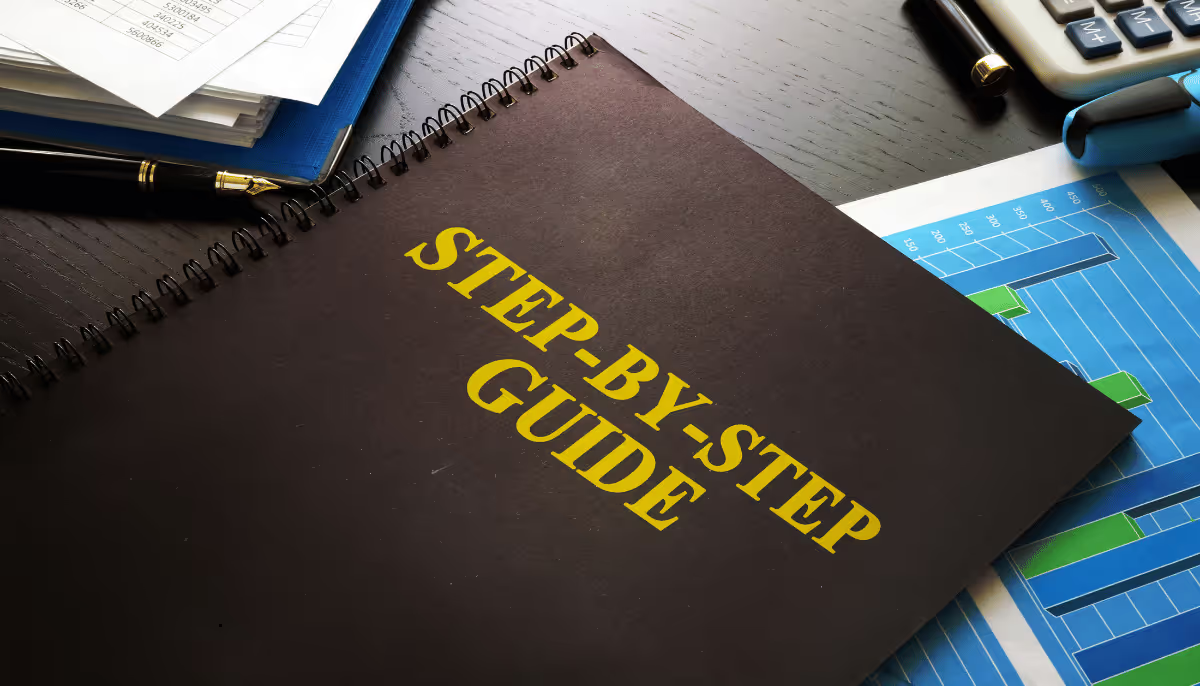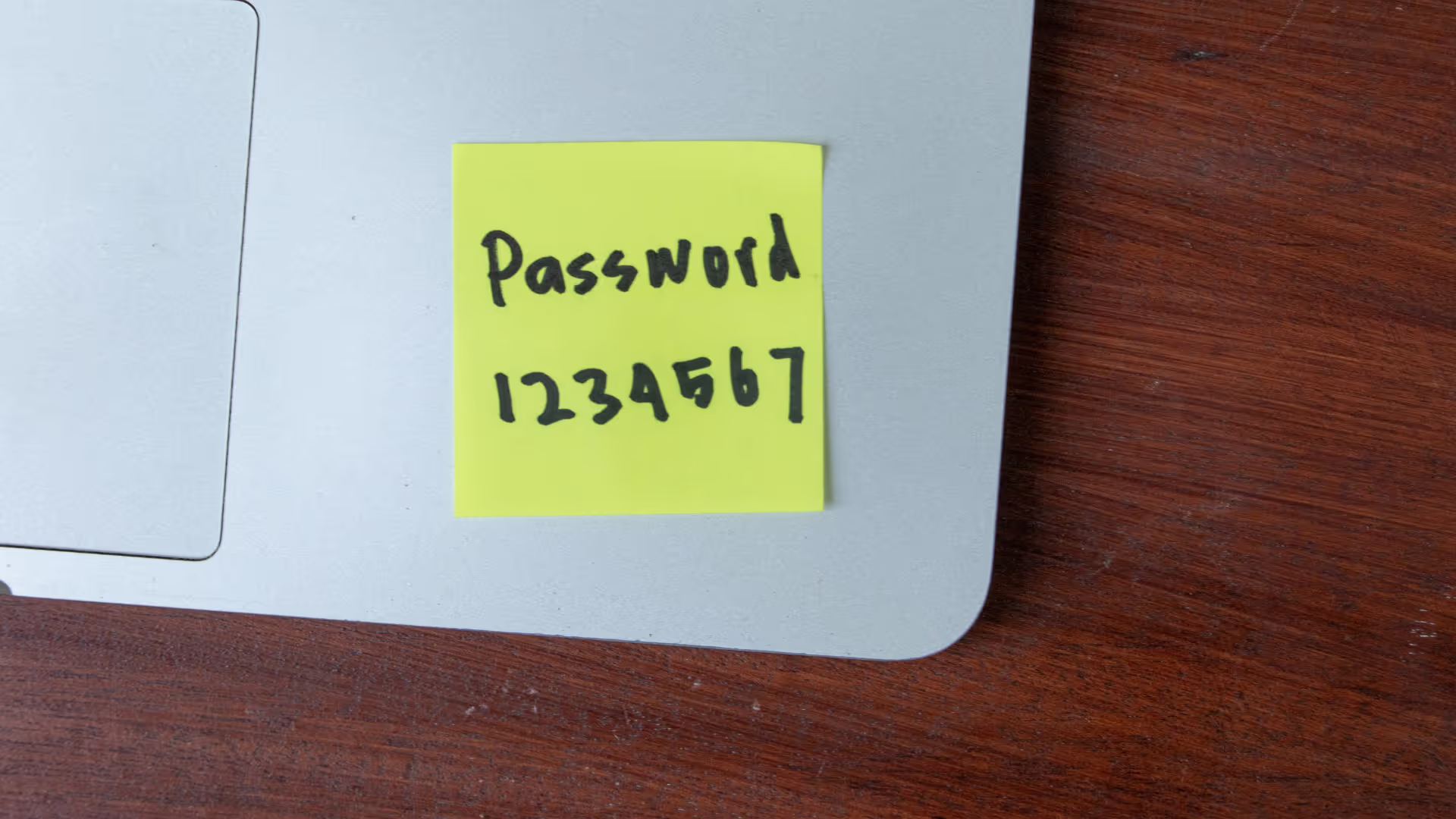Cybersecurity and compliance are no longer mere checkboxes,they've become crucial business differentiators. Over the past two decades, as a cybersecurity professional guiding hundreds of startups and growth-focused businesses towards compliance, I've witnessed how some companies get SOC 2 right, and how others consistently stumble.
Let's get something clear from the outset:
SOC 2 isn't just another certification,it's your golden ticket to customer trust, enterprise contracts, and sustainable growth in today's security-first market.
In this actionable guide, I'll help you understand the core SOC 2 concepts clearly and concisely, providing strategies you can implement immediately, while avoiding the pitfalls that drain your precious time and resources.
Understanding the 5 SOC 2 Trust Service Principles the Right Way
You've probably heard about SOC 2's "Five Trust Service Principles," but nobody ever explains them clearly. Here's a simplified breakdown that actually makes sense for CEOs, CTOs, and startup leaders:
1. Security (Mandatory Principle)
- Covers protection against unauthorized access—firewalls, intrusion detection, access control systems.
- You must absolutely implement this one.
2. Privacy (Optional)
- How you securely handle personal information.
- Aligns directly with privacy notices, data collection, and disposal practices.
3. Confidentiality (Optional)
- Protecting sensitive business information.
- Think intellectual property, product pricing, customer contracts, and strategic plans
4. Processing Integrity (Optional)
- Ensures the accuracy, completion, and timeliness of data processing.
- Critical for companies dealing heavily in financial transactions, data analytics, etc.
5. Availability (Optional)
- Focuses on the reliability and uptime of your customer-facing services.
- Includes performance monitoring, system maintenance, and disaster recovery planning.
The hidden truth that consultants rarely mention? You don't need all five to achieve compliance. The smart move for startups: begin with Security, then strategically expand based on customer demand and market needs.
Smart Scoping: Your Most Important Strategic Decision
Scoping is 100% YOUR decision, not your auditor’s nor your consultant’s. Keep your initial scope smart, lean, and laser-focused on:
- Customer-facing systems and infrastructure.
- Key personnel managing customer data.
- Essential processes protecting customer information.
Avoid including non-critical areas such as internal HR, unrelated marketing tools, or systems customers don't interact with.
Smart scoping equals shorter timelines, lower costs, and faster compliance achievement.
SOC 2 Type 1 vs. Type 2 Audits: What Really Matters
Understanding Type 1 vs Type 2 doesn't have to be complicated:
- Type 1: Snapshot audit showing your controls exist. Quick (2-5 months) but limited business impact.
- Type 2: Continuous audit (minimum 6-month observation) showing controls work effectively over time. The gold standard enterprises look for.
Recommended Strategy:
Start with Type 1 as a controlled first step, set immediate customer trust, then smoothly transition to Type 2 within a year.
The Controls that Most Startups Mismanage (and How to Fix Them)
Common mistakes repeatedly sink SOC 2 readiness:
- Access Reviews: Maintain regular, systematic checks with clear evidence
- Vendor Management: Regularly assess and monitor each vendor. Your vendor risk is your customer's risk.
- Incident Response: Documented incident planning AND regular practice tests are crucial.
- Risk Assessments: Formal, ongoing assessments clearly documenting mitigations.
The real compliance secret: Evidence matters above all. No documented evidence, no compliance.
Solution: Automate compliance evidence collection and documentation whenever possible. Stay proactive.
Realistic SOC 2 Timelines that Nobody Tells You
Don't trust promises of "SOC 2 in a few weeks":
- Type 1: Realistically takes about 2-5 months.
- Type 2: Typically 8-12 months due to required observation periods.
SOC 2 compliance is a strategic marathon, not a quick sprint. Plan accordingly and set realistic expectations.
The SecureLeap Implementation Method ("Secret Sauce")
Having refined this method over 20 years, here’s the path we recommend:
- Link Security to Business Objectives:
Ensure compliance measures enable growth instead of restricting operations. - Cultivate Control Ownership:
Integrate accountability into daily operations through dedicated ownership and clear roles. - Set Up Evidence Collection FIRST:
Automate and simplify evidence capture from day one. No exceptions - Executive Leadership Involvement:
Regular leadership updates ensure buy-in, allocate adequate resources, and embed security into organizational culture.
Simply put: Don't treat cybersecurity as a separate compliance exercise. Integrate it seamlessly into your business's operational DNA.
Avoiding the Common Reasons SOC 2 Projects Fail
Common pitfalls your startup must proactively avoid
- Viewing SOC 2 strictly as an 'IT problem' (it's organization-wide!)
- Treating compliance as ticking boxes rather than a cultural shift.
- Implementing controls without clear context or purpose.
- Selecting consultants based solely on cost rather than experience and cultural fit.
- Procrastinating on compliance work until it overwhelms your team.
Long-term SOC 2 success always hinges on leadership viewing security as a growth-enabling investment, not a mere cost.
What Your Customers Really Care About (Beyond the SOC 2 Report)
Customers require more than just audit reports,they seek clear signs of a mature security culture like:
- Transparent, proactive incident responses.
- Clear security roadmap and continuous improvement.
- C-level commitment (budget, integration into business priorities).
- Security is embedded within your software development process.
- Effective management of third-party vendor risks.
Your SOC 2 report should narrate your commitment and continuous improvement in cybersecurity, not just list technical controls.
3 Practical Steps to Take Today
Getting started is simpler than you think. Begin now by:
- Mapping your systems and sensitive data flows: Know clearly what you're protecting.
- Documenting controls you already practice: You're likely already closer than you think.
- Completing a readiness assessment: Understand your current position and create a clear, actionable plan forward.
Final Thought: SOC 2 is a Journey, Not a Destination
Cybersecurity compliance, when approached correctly, is a tool for business enablement, not a bureaucratic burden.
Start today, progress incrementally, and reap the benefits of greater customer trust, faster growth, and stronger security posture.
Remember, SOC 2 is a journey, not a destination.
One principle at a time → One control at a time → One day at a time
You've got this!
About SecureLeap: SecureLeap is your dedicated cybersecurity partner, bringing expert vCISO services tailored for Small and Medium Businesses (SMBs). Contact us for more info






